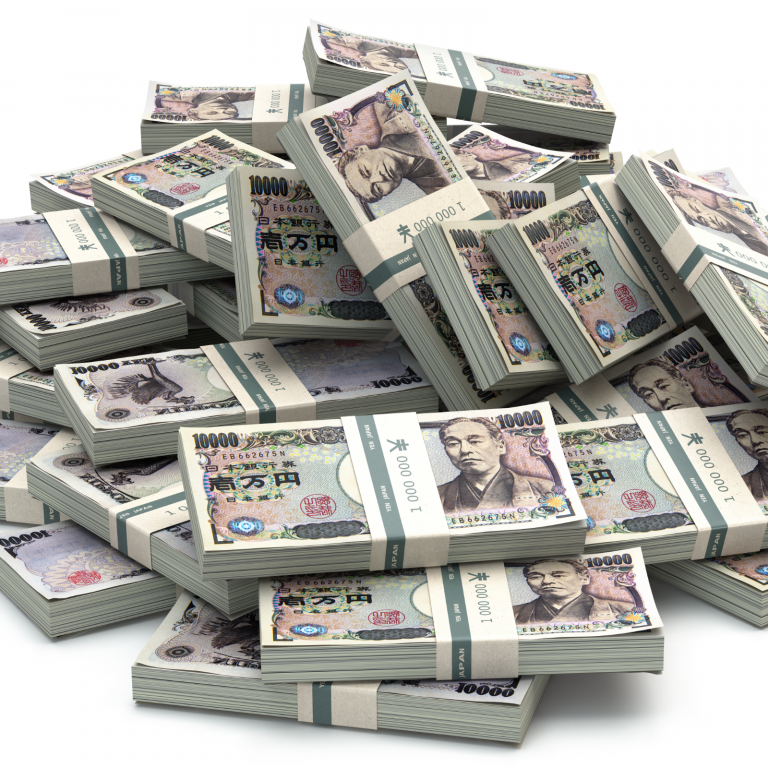Coincheck Recorded Profit Despite the Hack While Victims Hit with Taxes
source: Bitcoin News
2018. Apr. 27. 16:03

Japanese exchange Coincheck is still profitable after suffering one of the biggest hacks in cryptocurrency history. The exchange recorded an estimated writedown of 47.3 billion yen (~US$432.56 million) for the funds used to compensate customers. Victims, however, were slapped with tax bills.
Also read: Yahoo! Japan Confirms Entrance Into the Crypto Space
A Writedown for Coincheck
It has been roughly three months since one of the largest cryptocurrency exchanges in Japan was hacked for 58 billion yen (~US$530 million) worth of the cryptocurrency NEM. Coincheck is now a subsidiary of a leading Japanese online brokerage firm, Monex Group, after a 3.6 billion yen (~$40 million) acquisition. The exchange has repaid roughly 260,000 customers in Japanese yen.
The losses afforded the company a tax writedown. Coincheck’s parent company revealed on Thursday, as reported by Reuters:
Coincheck Inc recorded an estimated writedown of 47.3 billion yen ($432.56 million) for the year ended in March.
Still Profitable
Monex also released Coincheck’s earnings on Thursday. The exchange now handles 13 cryptocurrencies and “its primary source of revenue is the commission known as ‘spread,’ or the premium it adds to the purchase price when delivering to customers,” Nikkei described, adding that for the fiscal year ended March:
Oki Matsumoto.The cryptocurrency exchange’s sales stood at 62.6 billion yen ($572 million) while operating profit came to 53.7 billion yen [~$491 million]. Its operating margin ratio was as high as 86%, indicating the company’s high-margin business model… Its net profit stood at 6.3 billion yen [~$58 million].
This is after the company posted “an extraordinary loss of 47.3 billion yen [~$432 million]” as it refunded customers for the theft.
According to Asahi TV, Coincheck’s sales the previous year were about 980 million yen (~$9 million).
“In the future, regulations on the virtual currency exchange industry will be strengthened, and there is a possibility that the cost of necessary measures will be incurred,” Mainichi elaborated. The publication then quoted the CEO of Monex Group, Oki Matsumoto, detailing, “It is possible the profit margin of the virtual currency business [could] goes down…[but] The volume of transactions will increase and the profits as absolute will return to the level before [the hack].”
Victims Hit with Tax Bills
As Coincheck compensated theft victims in Japanese yen, the country’s National Tax Agency (NTA) added a section to its FAQs entitled “When receiving compensation in fiat instead of virtual currency from virtual currency exchange agent,” Kaikeizine reported.
Citing that the compensated yen will be treated as miscellaneous income, Oricon News emphasized:
The National Tax Agency considers getting compensation to be the same as selling virtual currency at the same price as compensating money and getting the same result. The tax authorities [say they] do not fall under tax exemptions and are taxed as miscellaneous income.
When the compensated amount is lower than the original acquisition price, taxpayers can deduct their losses, the news outlet explained. Nonetheless, “It is not possible to total with other income such as salary.”
While taxing capital gains is commonplace, tax accountant Takaaki Tanaka noted that “NEM holders who received compensation will be taxed at an unintended time without regard to the tax payment plan,” the publication conveyed.
What do you think of Coincheck remaining profitable despite the hack? What do you think of customers having to pay taxes on the repayments? Let us know in the comments section below.
Images courtesy of Shutterstock, NTA, Coincheck, and Monex.
Need to calculate your bitcoin holdings? Check our tools section.
The post Coincheck Recorded Profit Despite the Hack While Victims Hit with Taxes appeared first on Bitcoin News.





